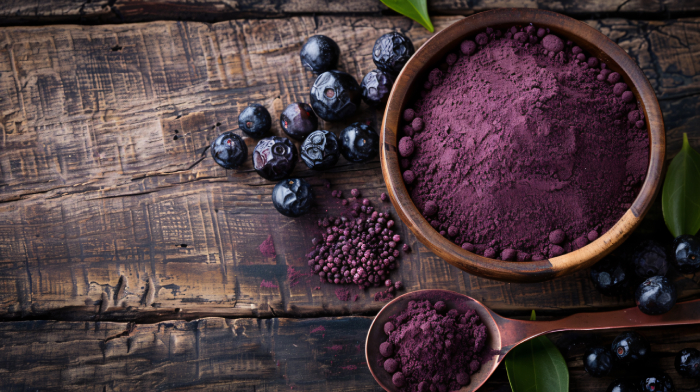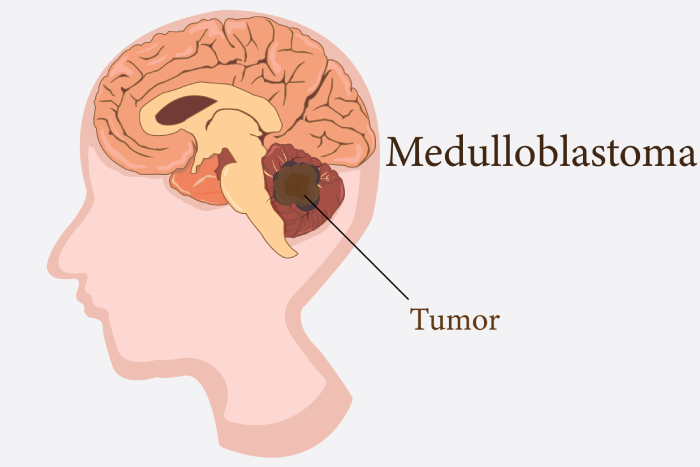Exploring Resveratrol’s Potential in Enhancing Reproductive Health
Recent research has shed light on the potential of resveratrol, a natural compound found in the skin of grapes, blueberries, and raspberries, to improve female fertility. This systematic review, published in the International Journal of Molecular Sciences, delves into the effects of resveratrol on female reproductive health. The study, conducted by researchers from Anglia Ruskin University (ARU) in Cambridge, England, in collaboration with institutions from Italy, South Korea, and the Queen Elizabeth Hospital King’s Lynn NHS Foundation Trust, consolidates findings from 24 in vitro and in vivo studies involving 9,563 human participants.
Key Findings on Resveratrol and Female Fertility
The review highlights that resveratrol, a polyphenolic compound known for its anti-aging, anti-inflammatory, and antioxidant properties, may enhance both the quantity and quality of oocytes (egg cells). Specifically, four studies examined resveratrol’s impact on the quantity of matured oocytes, with two reporting an increase and two finding no significant differences. Additionally, two studies focused on the quality of matured oocytes, both of which noted improvements in women who took resveratrol.
The mechanisms behind these benefits are thought to involve resveratrol’s ability to reduce oxidative stress, protect mitochondrial DNA from damage, and enhance telomerase activity, thereby reducing cellular aging. Furthermore, resveratrol activates sirtuin 1 (SIRT1), a molecule typically reduced in aged oocytes, potentially slowing cell aging and extending ovarian lifespan.
Broader Implications for Reproductive Health
Beyond oocyte quality, the review suggests that resveratrol could offer therapeutic benefits for conditions such as endometriosis, polycystic ovary syndrome (PCOS), and obesity-related infertility. By inhibiting pathways involved in androgen production and reducing inflammation and oxidative stress, resveratrol may address some of the underlying causes of these conditions.
However, the review also presents mixed results regarding miscarriage and pregnancy rates. Five studies reported on pregnancy rates, with two indicating an increase, two finding no difference, and one reporting a decrease among resveratrol users. The same study that noted a decrease in pregnancy rates also observed an increase in miscarriage rates, while another study found no significant difference.
Safety and Dosage Considerations
Resveratrol is generally considered safe when consumed in moderate amounts through diet or supplements, with doses up to five grams per day for a month being well-tolerated. However, the safety of long-term, high-dose supplementation remains unclear, and further research is needed to establish definitive guidelines.
Commentary by SuppBase Columnist Alice Winters

The systematic review on resveratrol and female fertility presents a compelling case for the compound’s potential to enhance reproductive health. The findings suggest that resveratrol could improve oocyte quality and quantity, offering hope for women struggling with infertility. However, the mixed results on pregnancy and miscarriage rates underscore the need for cautious interpretation and further research.
One of the most promising aspects of resveratrol is its multifaceted mechanism of action. By reducing oxidative stress, protecting mitochondrial DNA, and activating SIRT1, resveratrol addresses several key factors associated with cellular aging and reproductive decline. This makes it a particularly intriguing option for women seeking natural interventions to support fertility.
That said, the review also highlights significant limitations. The number of human studies is limited, and the parameters of each study vary widely, making it difficult to draw definitive conclusions. Additionally, there is a lack of robust data on the long-term safety of high-dose resveratrol supplementation, particularly concerning potential risks to fetal development.
In conclusion, while resveratrol shows promise as a natural aid for female fertility, it is not a panacea. Women considering resveratrol supplementation should consult healthcare professionals to weigh the potential benefits against the risks. Furthermore, the scientific community must prioritize rigorous clinical trials to establish safe and effective dosages, ensuring that resveratrol can be integrated into fertility treatments with confidence.
As the market for fertility supplements continues to grow, resveratrol stands out as a compound with significant potential. However, its journey from promising research to practical application will require careful navigation of the complexities and uncertainties that remain. For now, resveratrol represents a hopeful, yet cautious, step forward in the quest to improve female reproductive health.



